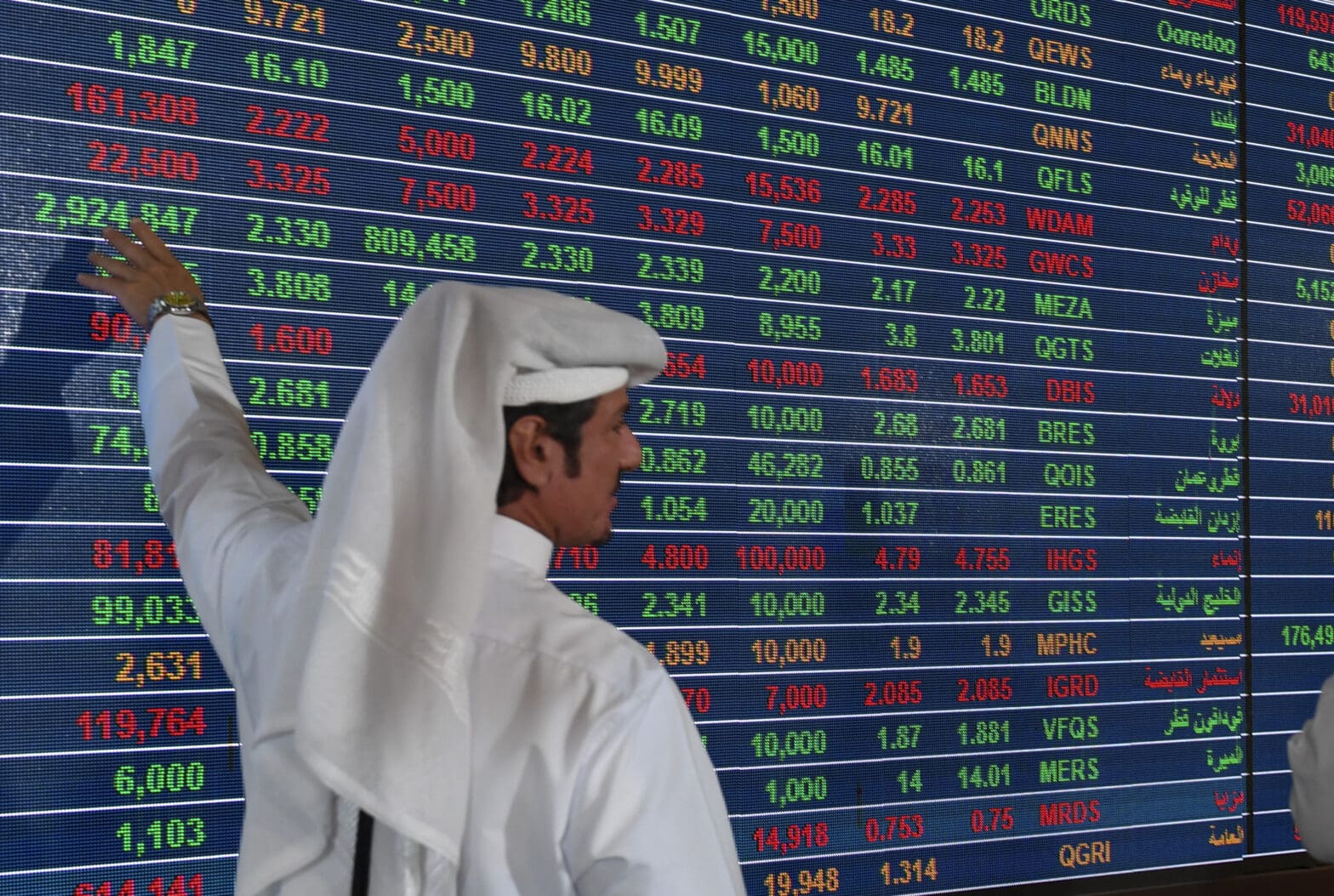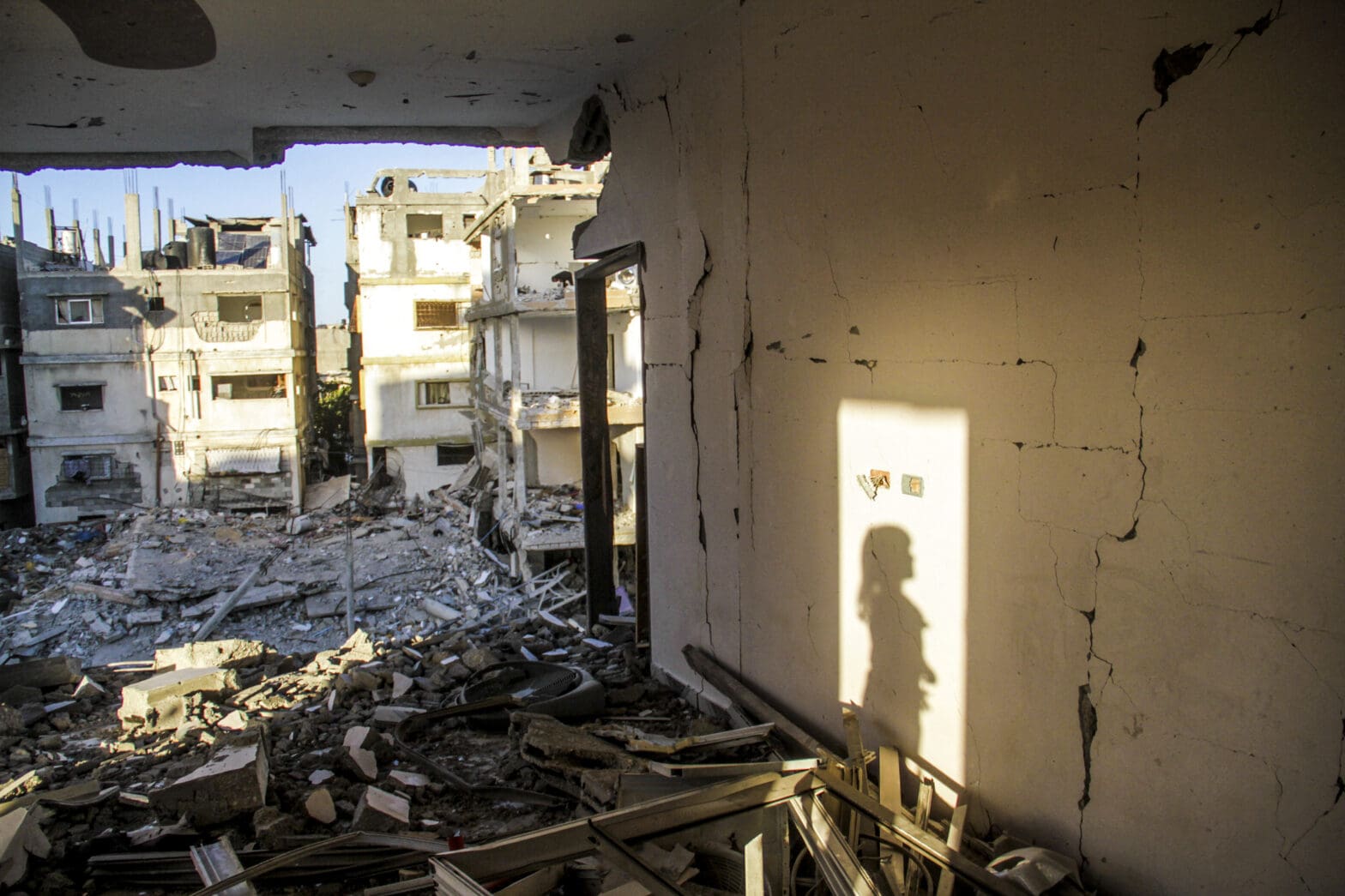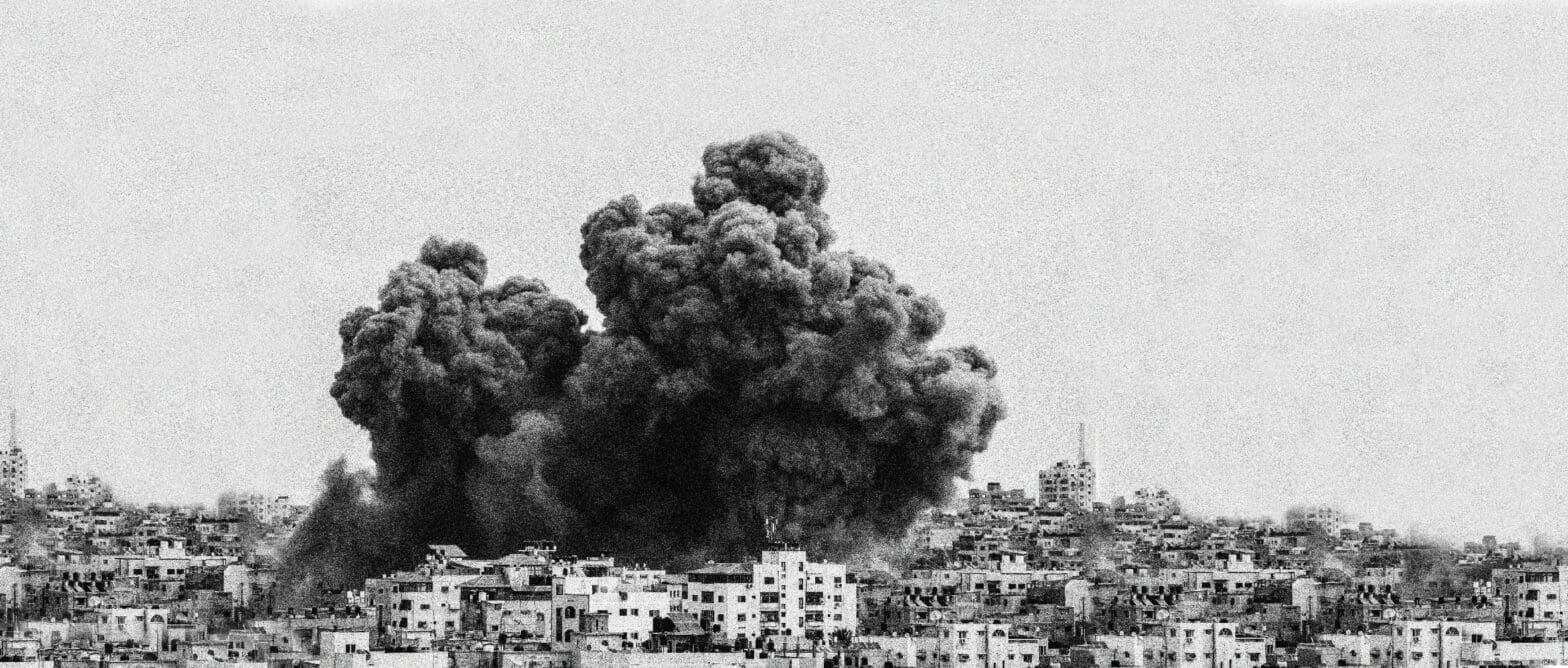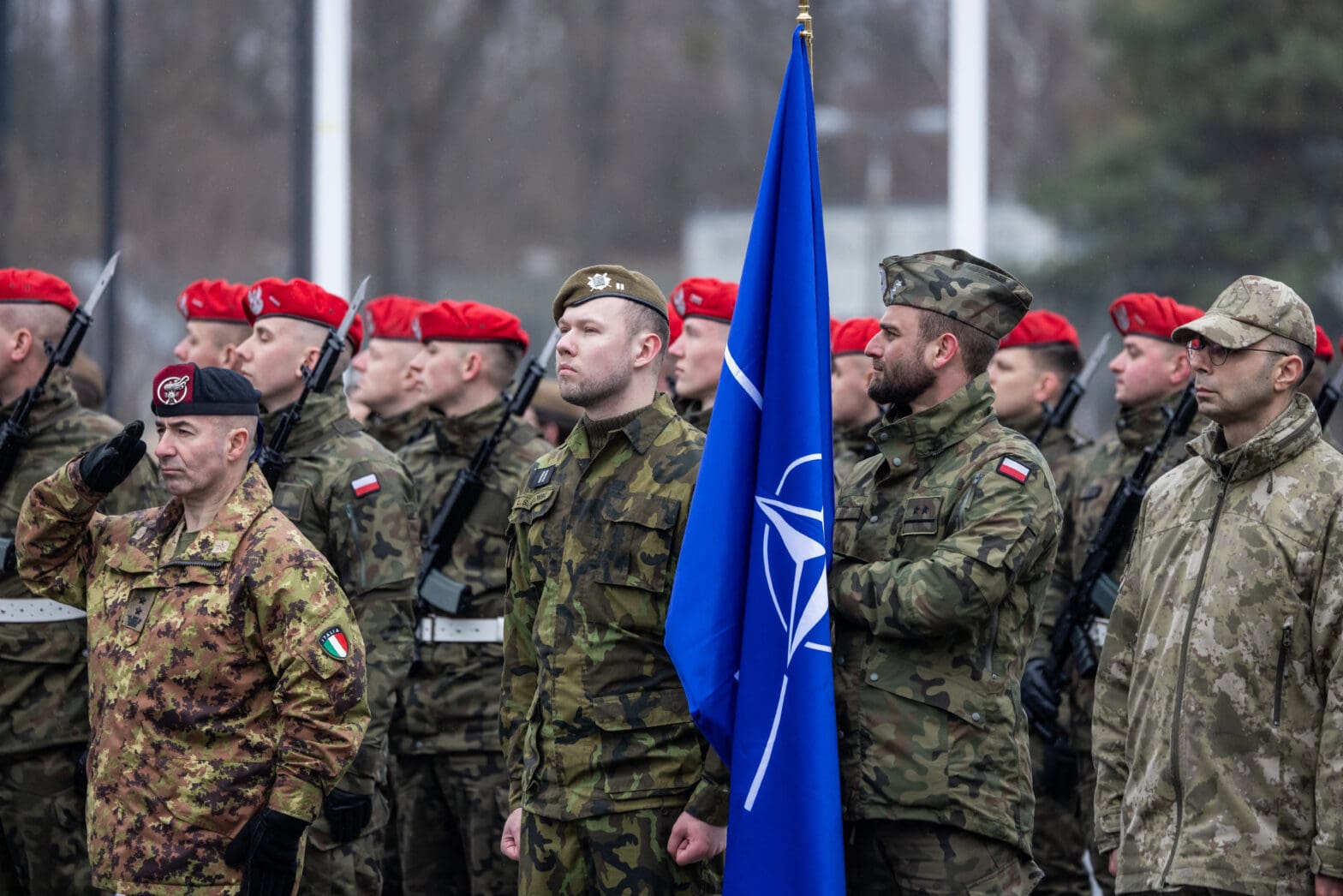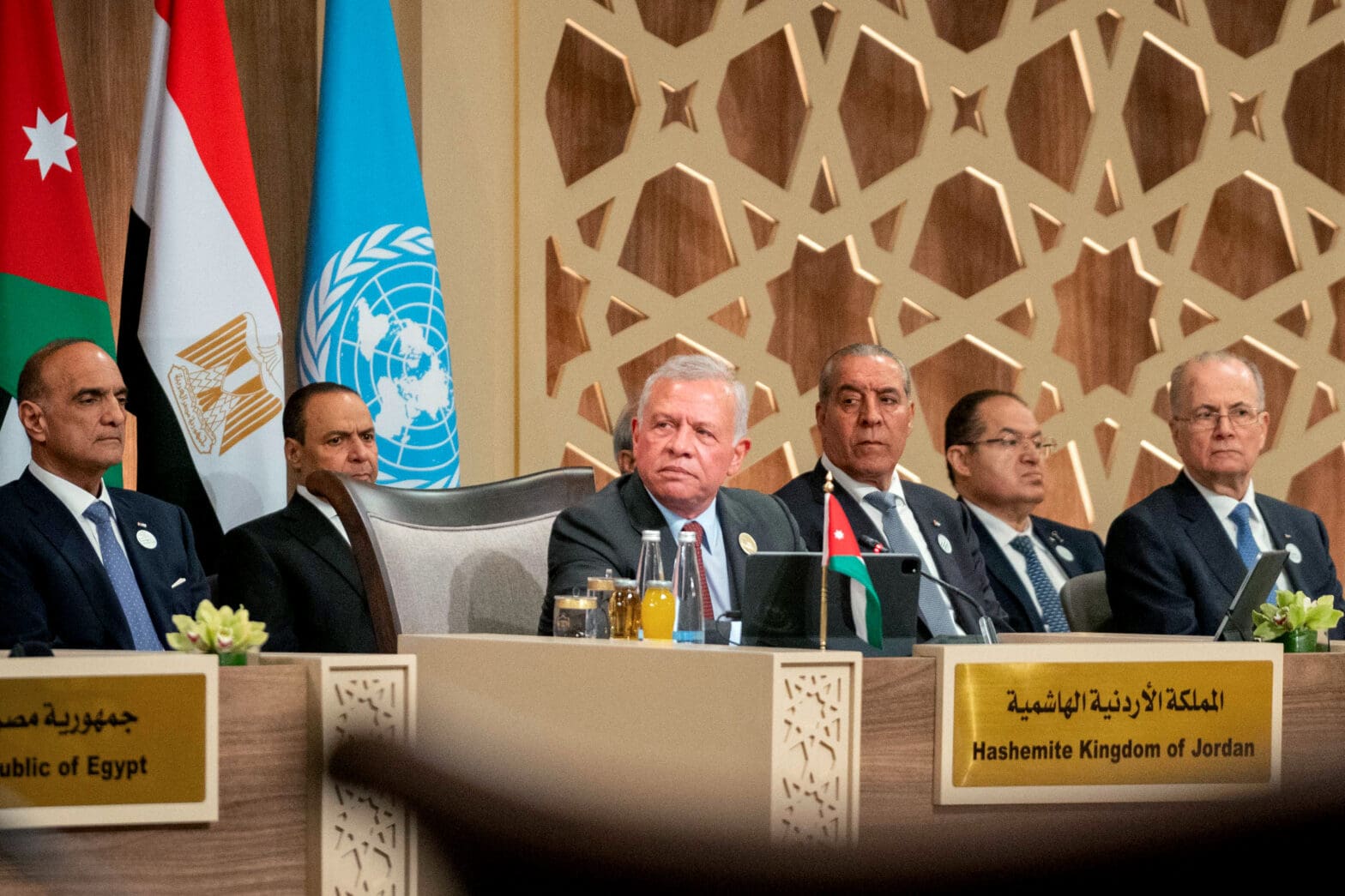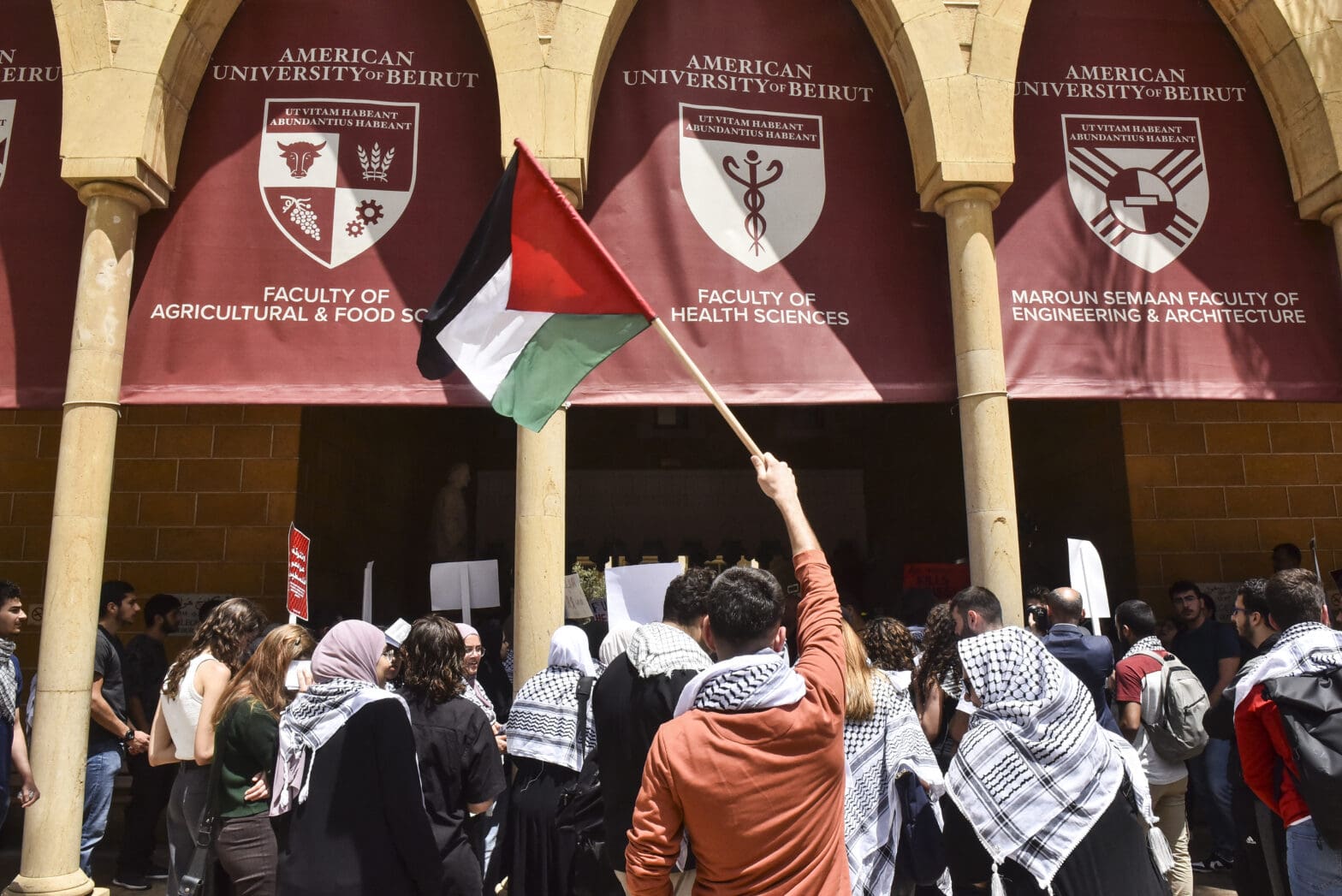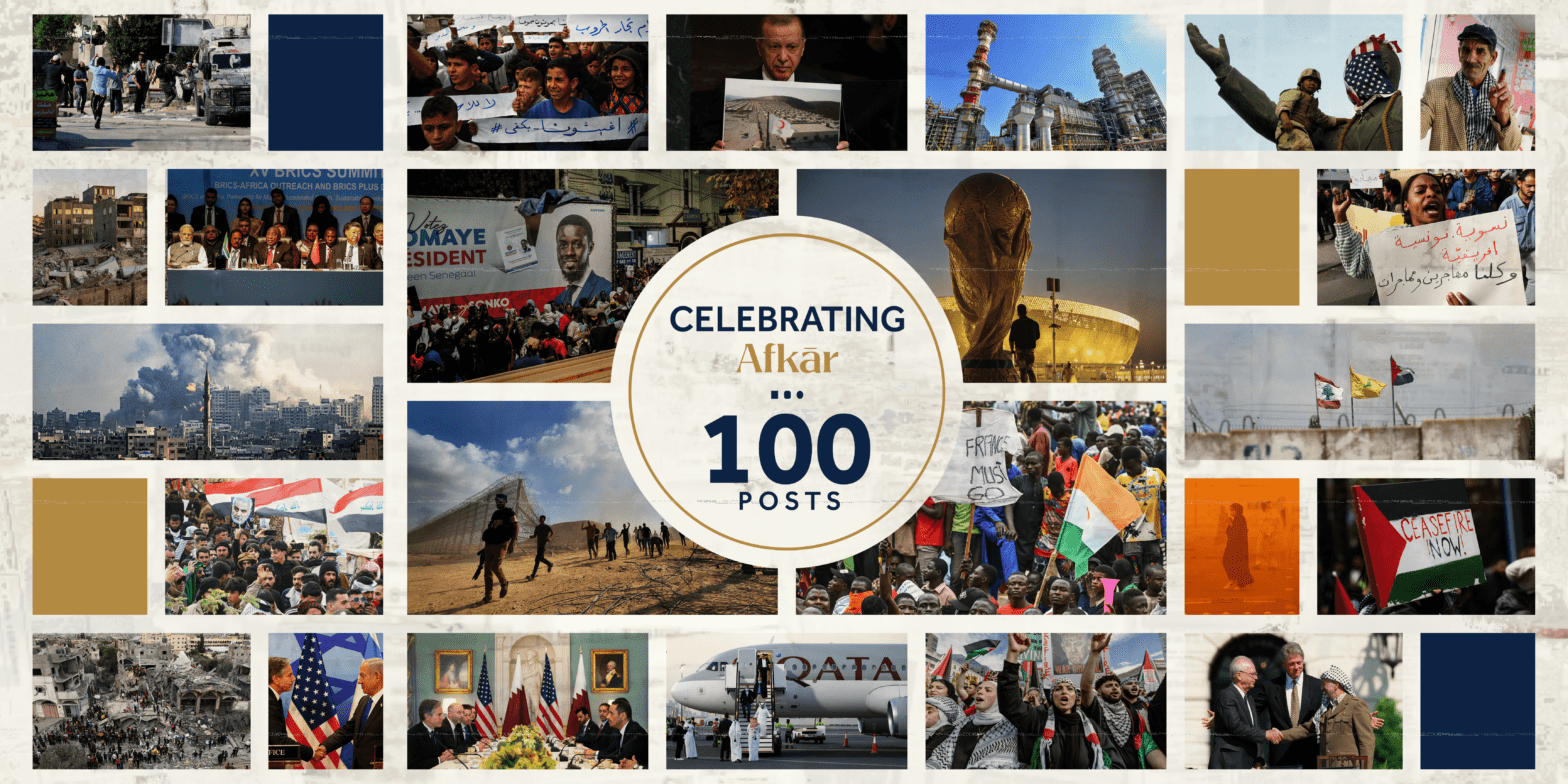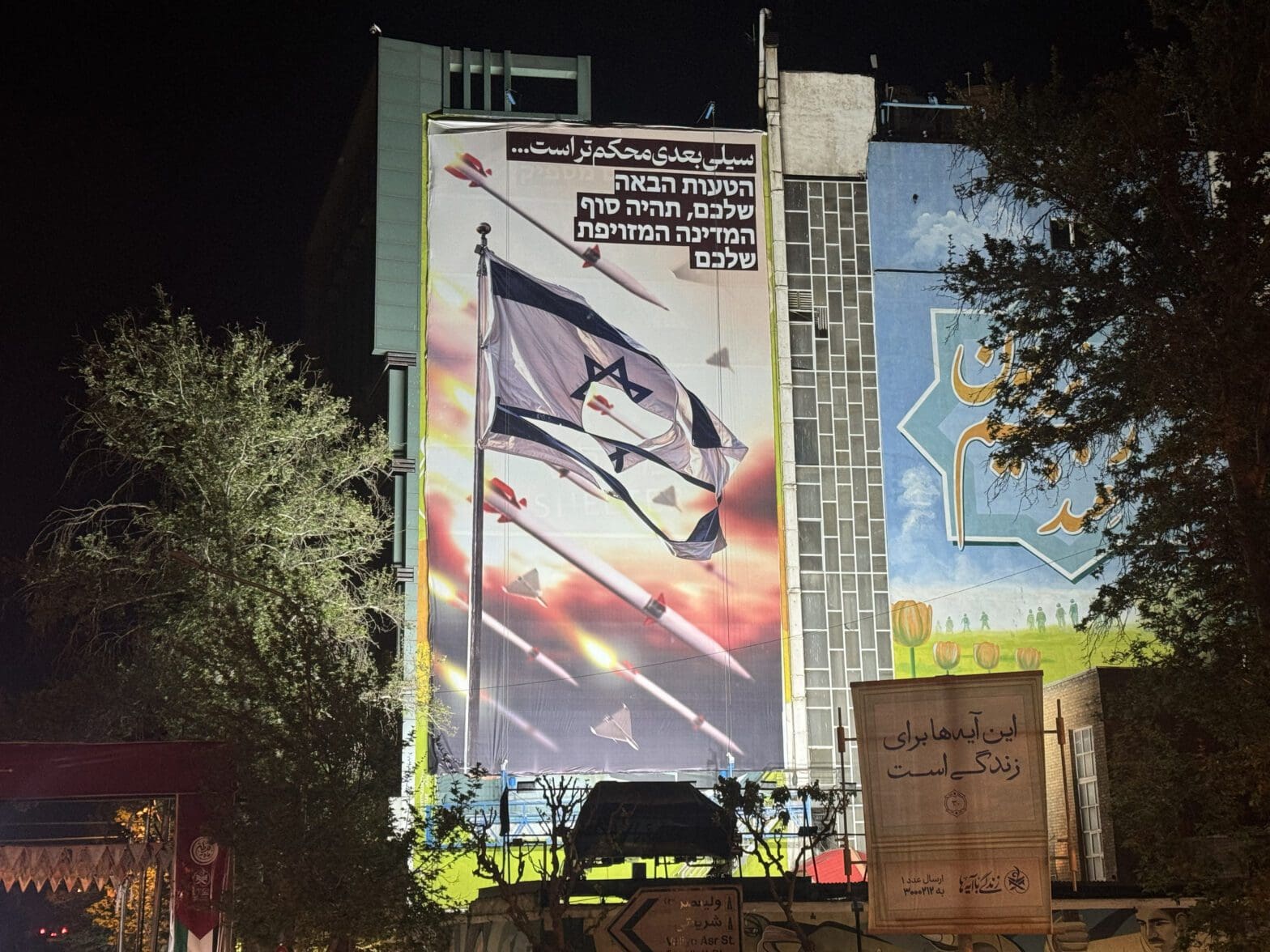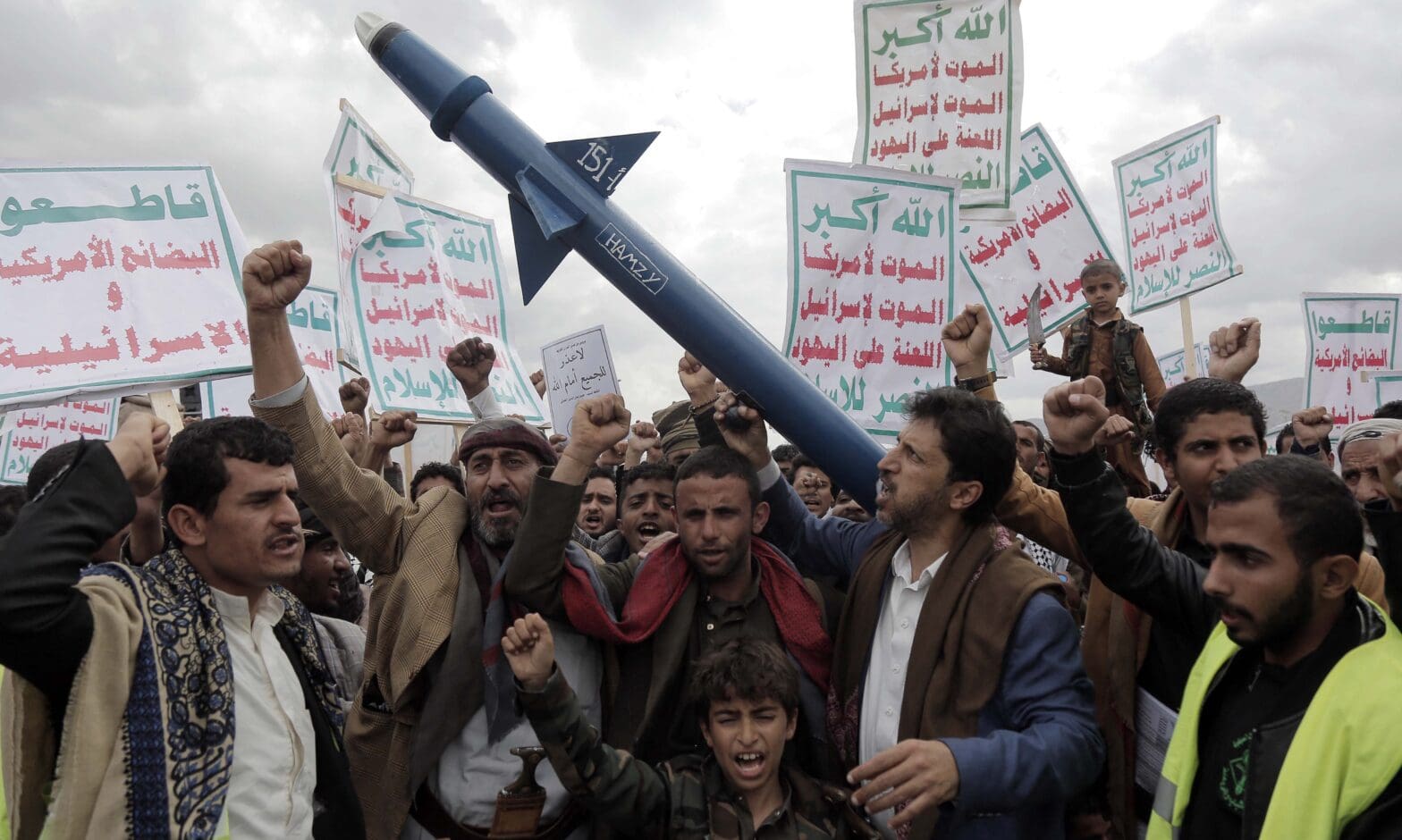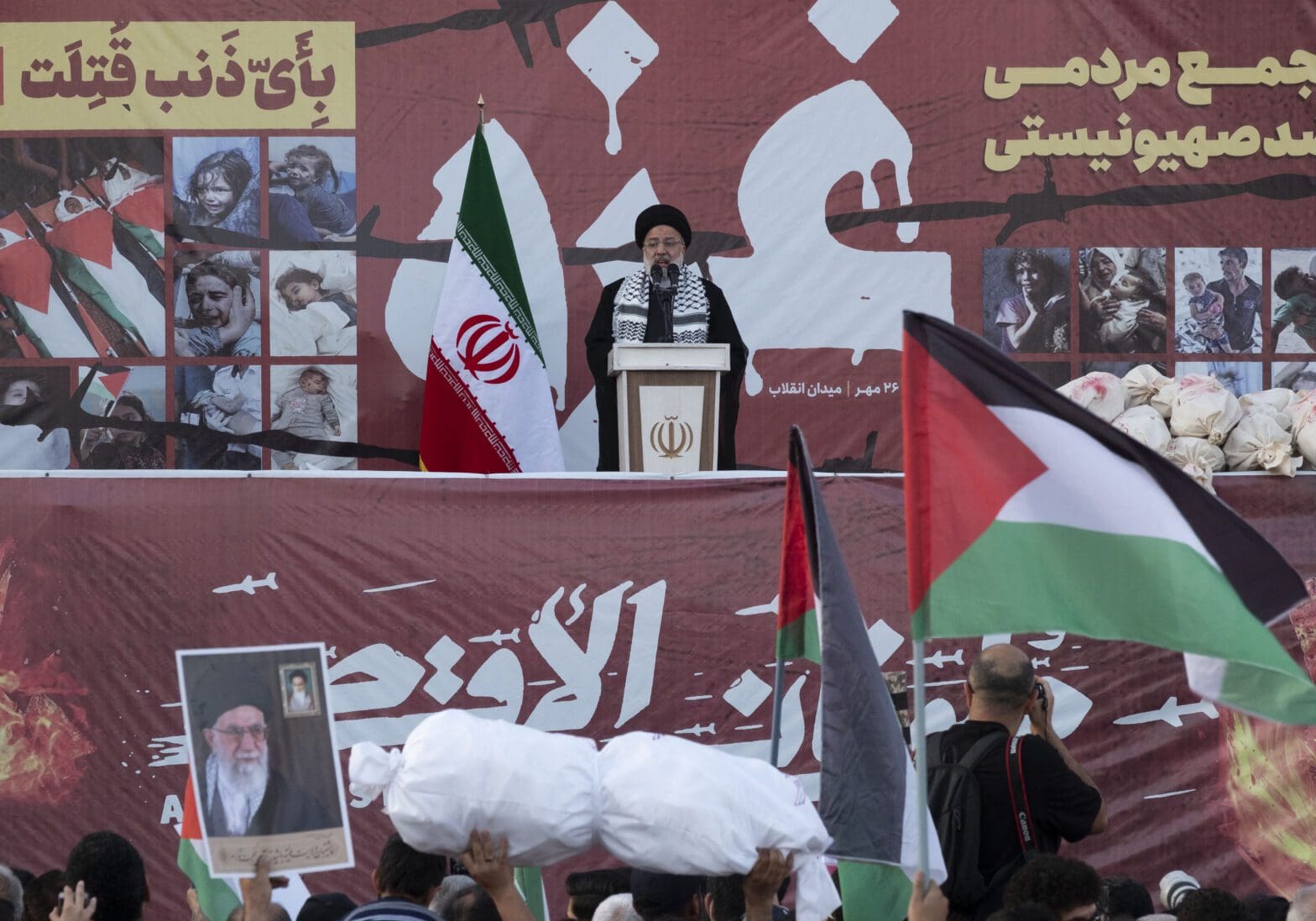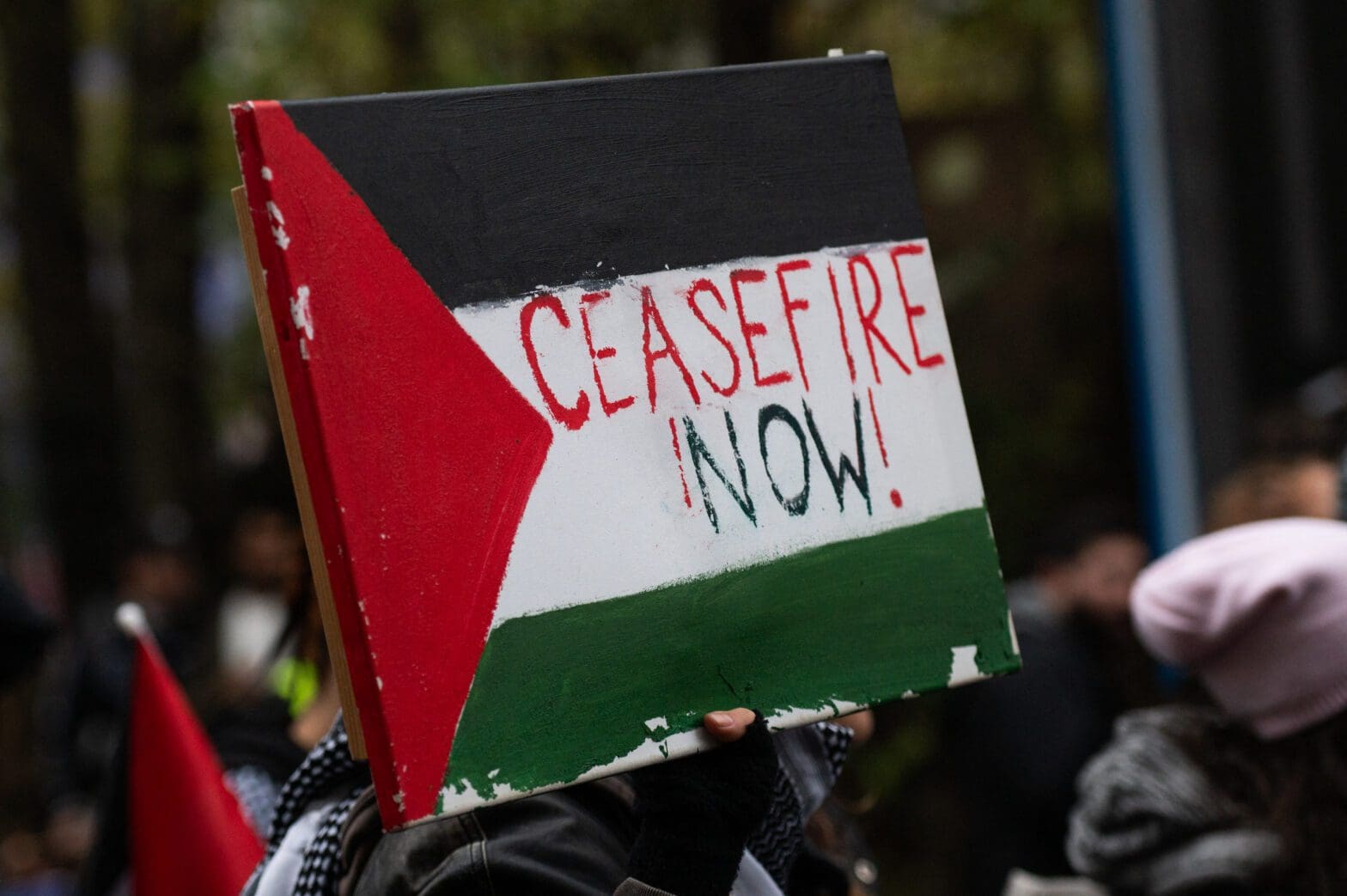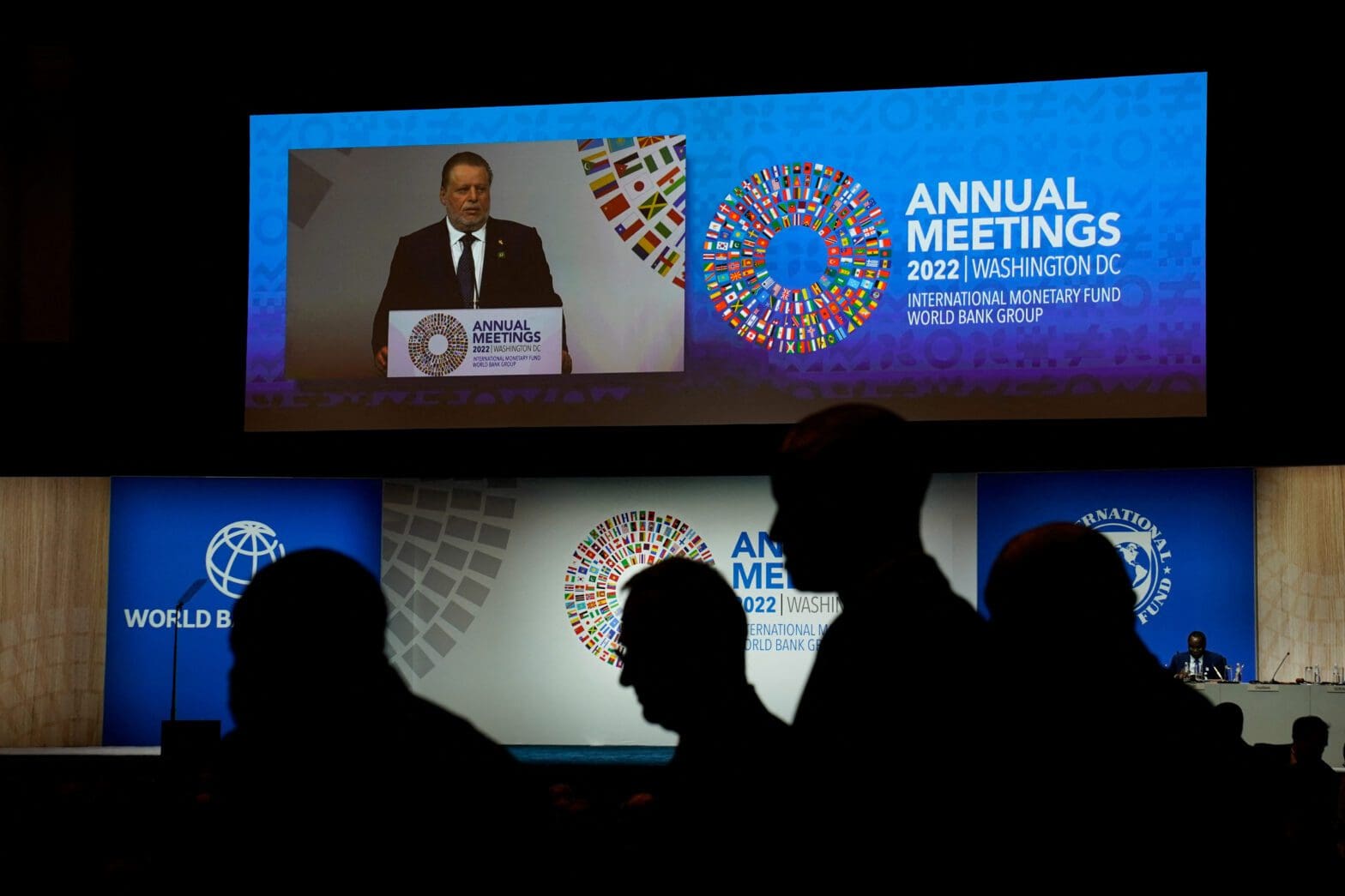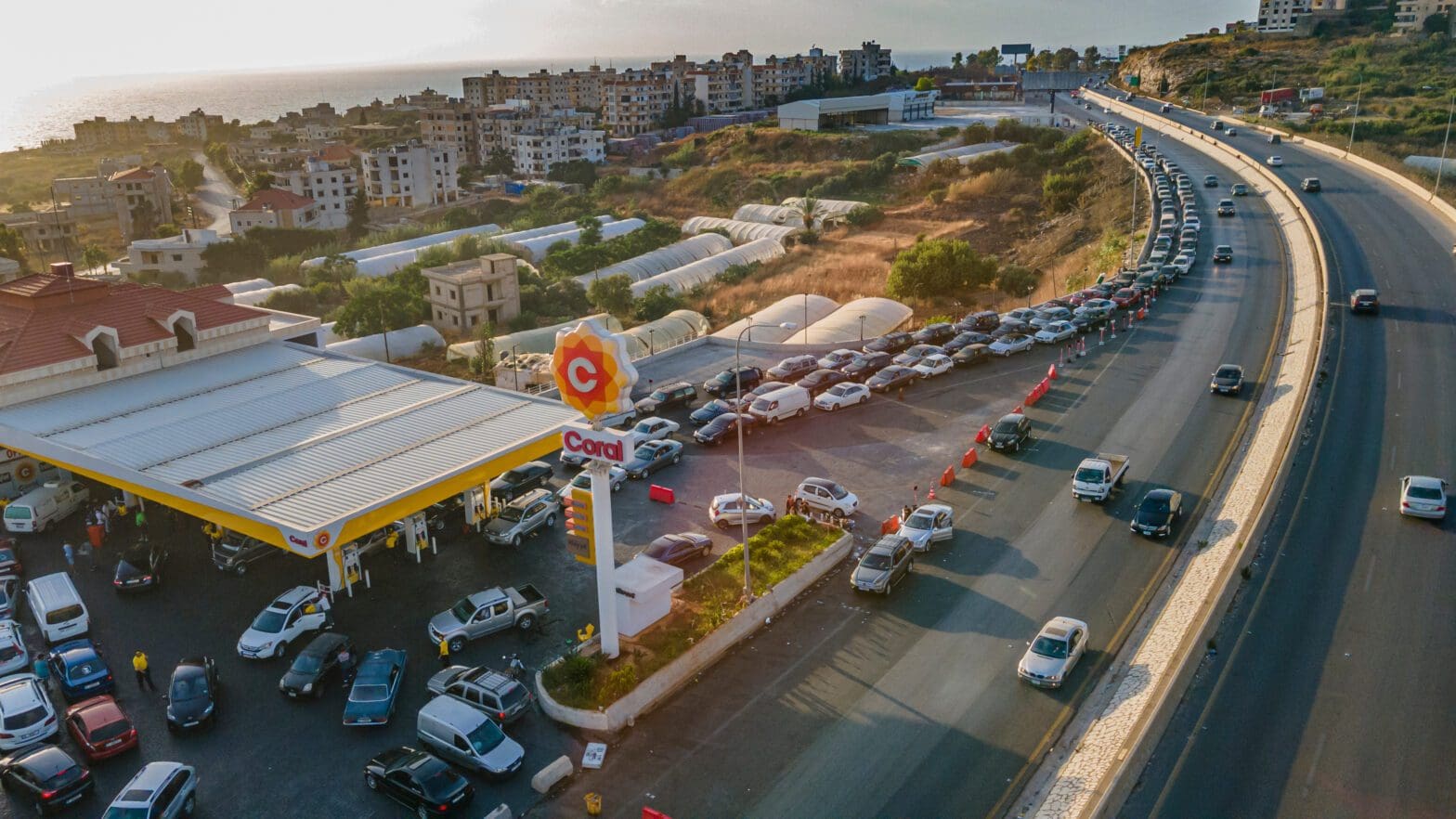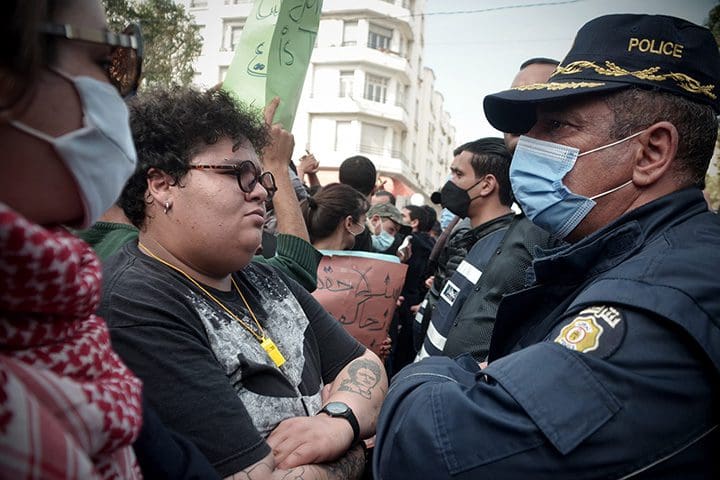With the December collapse of the Assad regime in Syria, 2024 came to a close in a dramatic and region-altering fashion. This, along with the numerous other major trend lines and points of conflict, likely makes 2025 a year that will be significant in reshaping the region’s future. Looking forward to what may be coming,… Continue reading MENA Outlook for 2025
Afkar Country: Jordan
Regional Economy Faces Plenty of Challenges—and Reasons for Hope—in 2025
Despite the turmoil rocking the Middle East and North Africa (MENA), there may be some glimmers of hope for the region’s economies in 2025. The World Bank and the International Monetary Fund (IMF) are both projecting an uptick in growth in most MENA economies. However, structural challenges, political instability, and geopolitical tensions will continue to… Continue reading Regional Economy Faces Plenty of Challenges—and Reasons for Hope—in 2025
Arab Public Opinion Under Pressure
Editor’s Note The relevance of public opinion in the Middle East and North Africa is a question often debated but little understood. Given the high prevalence of autocracy, surveys of popular sentiment are limited, while freedoms of speech and press are not the norm. Indeed, as thousands of political prisoners freed in recent days from… Continue reading Arab Public Opinion Under Pressure
Adapting the Women, Peace and Security Agenda to the Arab World
When United Nations Security Council (UNSC) resolution 1325 on Women, Peace and Security (WPS) was adopted on October 31, 2000, it marked an unprecedented commitment by the international community to regard women as integral partners in peace processes. The WPS “agenda,” as it came to be known, encompasses ten UNSC resolutions that recognize the devastating… Continue reading Adapting the Women, Peace and Security Agenda to the Arab World
A Region Under Fire
Editor’s Note: There Are No Winners Here Omar H. Rahman, Fellow and Editor of Afkār, Middle East Council on Global Affairs The Israeli-Palestinian conflict did not begin on October 7, 2023. Decades of military occupation, colonial land theft and systemic deprivation had already pushed Palestinians into a state of constant struggle, laying the groundwork… Continue reading A Region Under Fire
Middle East NATO Office and Regional Security
During its seventy-fifth annual summit, in July of this year, the North Atlantic Treaty Organization (NATO) announced plans to open its first Middle East liaison office in Jordan. Amid heightened uncertainty in the Middle East and North Africa (MENA) region, NATO’s decision to open this office cements Western powers’ vested interests in the Middle East… Continue reading Middle East NATO Office and Regional Security
Jordan’s Dilemma: Between Israel’s Sword of Damocles and Iran’s Axis of Resistance
The ongoing Israeli war on Gaza is seen by the Jordanian government and public as an existential threat. Despite credible accusations of genocide, Israeli Prime Minister Benjamin Netanyahu is prolonging, expanding, and escalating the offensive, which has led to mounting pressure on neighboring Jordan. From the potential forced displacement of Palestinians from the West Bank… Continue reading Jordan’s Dilemma: Between Israel’s Sword of Damocles and Iran’s Axis of Resistance
The (Surprising) Silence of Arab Universities on Palestine
Since mid-April 2024, western academic institutions, including elite American universities, have been at the forefront of protests for Palestine. Yet, their Arab counterparts have surprisingly remained silent. The disengagement is particularly noteworthy considering that Middle Eastern universities have historically been the hotbeds of protests and engagement concerning the Palestinian cause. This absence is also at… Continue reading The (Surprising) Silence of Arab Universities on Palestine
The Middle East in the Wake of October 7: Interview with Tarik M. Yousef Marking 100 Afkār Posts
We at Afkār are delighted to announce that we have reached a new milestone, our 100th post! To mark the occasion, we have recorded and transcribed a special interview with the Director of the Middle East Council on Global Affairs, Tarik M. Yousef. The in-depth interview was conducted by our editor, Omar H. Rahman, and… Continue reading The Middle East in the Wake of October 7: Interview with Tarik M. Yousef Marking 100 Afkār Posts
Iran-Israel Tensions Emerge from the Shadows – Council Views
On April 13, Iran attacked Israel directly for the first time in its history, retaliating for Israel’s killing of three top Iranian commanders in Damascus on April 1. Israel has since responded with a limited strike, and the United States and its allies imposed expanded sanctions on Iran. Middle East Council scholars examine the implications… Continue reading Iran-Israel Tensions Emerge from the Shadows – Council Views
Is a Regional War Inescapable?
Since October, the Middle East has edged ever closer to a regional war unlike any it has experienced before. While there has been plenty of armed hostility over the past 75 years, including between multiple state and non-state actors, the ambit of conflict this time around is so sweeping that it risks engulfing the entire… Continue reading Is a Regional War Inescapable?
Iran’s Strategy in the War on Gaza
The recent drone strike on American soldiers stationed near the Jordan-Syria border, and Washington’s retaliatory strikes in Iraq and Syria, underscore the dangerous potential for a major escalation between the United States and Iran that could engulf the wider region. Washington and Tehran have engaged in a tit-for-tat conflict for several months now, which has… Continue reading Iran’s Strategy in the War on Gaza
A Ceasefire in Gaza is the only Bridge toward Durable Peace in the Middle East
The shocking and unprecedented attack by Hamas on southern Israel caught the technologically advanced Israeli army and security forces by surprise. Hamas’s initial assault killed more than 1,400 Israelis, and thousands of Palestinians have been killed as Israel has retaliated in Gaza. Israel has said hundreds of hostages are being held in Gaza. In addition… Continue reading A Ceasefire in Gaza is the only Bridge toward Durable Peace in the Middle East
Time to Tackle the Transparency Deficit in the MENA Region
It is widely known that the Middle East and North Africa (MENA) region suffers from a “democratic deficit.” What is less well-appreciated is that the region also suffers from a chronic deficit in transparency. The World Bank’s Vice President for MENA, Ferid Belhaj, recently called attention to this problem, stating that Egypt needs to get… Continue reading Time to Tackle the Transparency Deficit in the MENA Region
MENA Outlook 2023 – Council Views
In various ways, 2022 was arguably a positive year in much of the Middle East and North Africa (MENA) region. The COVID-19 pandemic subsided in many states and the intensity of violence ebbed in several conflict zones. Competition between regional powers receded and gave way to an increase in diplomacy and rapprochement. However, with a… Continue reading MENA Outlook 2023 – Council Views
Twenty Years of Governance Reform: What’s Next for the MENA Region?
In 2002, the United Nations Development Program (UNDP) produced a remarkable and far-reaching document titled the Arab Human Development Report. Written largely by Arab authors, the report mobilized a wealth of data to argue persuasively that the lack of socio-economic development within the Arab region is the product of three fundamental deficits in freedom, knowledge,… Continue reading Twenty Years of Governance Reform: What’s Next for the MENA Region?


